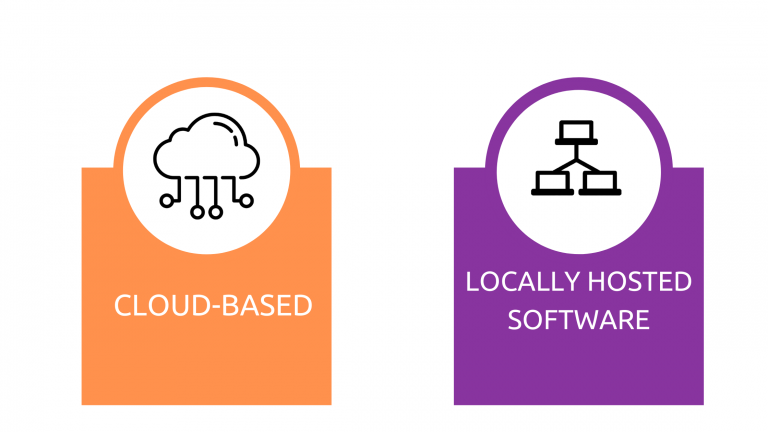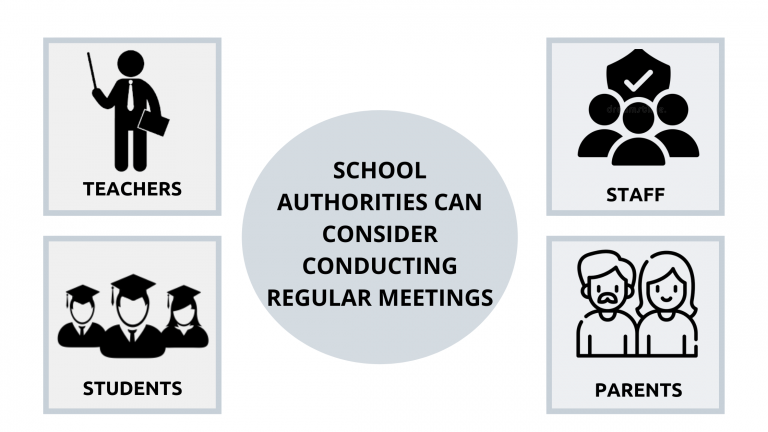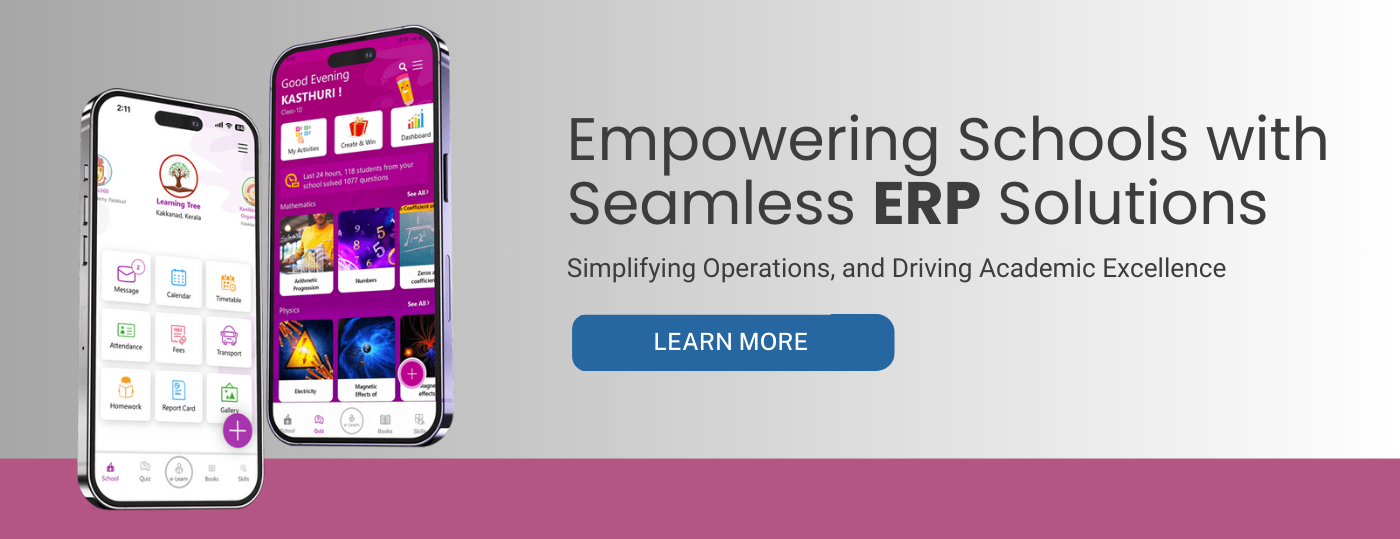10 mistakes to avoid while implementing school ERP
A school ERP solution is an educational tool that offers customized and end-to-end solutions to help a school achieve its goals. Implementing such software in an institution is beneficial for all school community members, including teachers, students, non-teaching staff, parents, and admins.
While selecting and implementing a school ERP app, the administrators have to carefully choose the right one. Even though the school ERP opted is of good quality, poorly implementing the software can lead to a loss of time, money and other resources. So it is necessary to avoid all possible mistakes while implementing the software.
Here are some most common mistakes and quick suggestions on how to avoid those mistakes for the successful implementation of a school ERP app:
1. Failing to plan the implementation of School ERP App
Not planning the implementation of an ERP solution is one of the most common mistakes a school can make. As a result, the institution might use software with a large unused portion and unnecessary customizations. Every institution has different needs with respect to their daily activities like fee management, transportation or attendance. The ERP service providers usually offer different pricing plans and software packages based on their features, modules, integrations etc. With proper implementation plans, the institution can choose the right plan that will most benefit the school community.
2. Not examining the organization’s deployment options

The organization’s requirement and deployment option is another important factor that the authorities might consider while implementing a school ERP. The school software providers usually offer school ERP software in two forms, cloud-based and locally hosted software. Payment for the premium version of the software also comes in various forms; for example, you can pay monthly, yearly or student wise. By analyzing the school’s software requirements, hardware requirements, budget, and IT infrastructure, the authorities can decide on choosing the type. They can also avail customized options according to their daily activities and total budget.
3. Not making a critical analysis on ERP Software service provider
It is important to do thorough market research on school ERP software and their service providers to find the right one that suits your needs. The software solution must have industry-specific options that cater to the particular organizational requirements. Before selecting the school software, the school authorities shall evaluate the quality of the software for important aspects like modules, benefits, compatibility with multiple devices, maintenance cost, customer service and deployment time.
4. Absence of providing training to the students, staff and teachers
An institute must ensure that they have prepared their end-users on accepting and adapting to technological changes within the institute. All the school community members, including students and parents, must be thoroughly educated and guided appropriately on the usage of the ERP system. Schools can provide extensive training to the users to learn to use the software properly and become familiar with all the modules and facilities. Although the software comes with easy-to-use features and automates most of the work, the institute needs to train the users regarding the usage to prevent any lapses and errors.
5. Being casual about imposing the use of School ERP
The major objectives of implementing a school ERP system are to reduce the stakeholders’ burden and bring the change that the organization needs. For that, it requires sufficient cooperation from the entire school community. There can be people who resist using such technology or do not show much interest in learning how to use the software. So the institution must be strict in implementing the system and making it mandatory to use the system. The school authorities can consider conducting a session that defines the overall benefits of a school ERP software and convince the users to use the software to fulfill their duties.
6. Improper data management
The institution needs to feed the ERP system with accurate and properly arranged data. If you are installing the school ERP software for the first time, then all the manual data added to your computer should be backed up properly. The data feed for the first time should be accurate and in the correct format. If you are upgrading to different software, ensure that all the data has been backed-up properly before switching the software. Having an incomplete backup or not making a backup at all can increase the workload and pose the risk of losing any important data.
7. Not considering the end-users before implementing School ERP App

The school must consider all the end-users and their suggestions before implementing an ERP solution. For examining their needs, the school authorities can consider conducting regular meetings with teachers, students, staff and parents. It will help decide on choosing the right ERP solution that has the crucial features to support the smooth functioning of the organization. After deciding on the needs, it must be communicated clearly and openly with the school ERP app. Not taking into account the suggestions of users can also lead to various operational crises.
8. Failing to analyze change management
An organization will be required to effectively manage changes within the business. So while implementing an school ERP app, the institution must consider this factor. Upgrades and integrations in the school software are vital in supporting the new business transformations. Once the implementation is complete, the institution will be required to regularly maintain and improve the system. So it is essential to make a deep analysis on change management before installing a school ERP system.
9. Not hiring professionals
When you have finally chosen an school ERP software, it is advisable to utilize the service of professionals to deploy the software. Almost all reputed companies have professionals who will install the software and train the users regarding its use. Or else, you can also approach a skilled person who has already worked with similar software. A qualified person will be able to provide adequate training, so the staff can easily manage any minor problem while handling the software. Schools must also have a skilled technician in their IT department to address and handle issues in-house.
10. Compromising in quality
In order to reduce the total cost or due to any other reason, schools might compromise with the robustness, integrations and overall quality of the system. This can be harmful to the working of the institution. School ERP solutions with less security and low quality can make things complicated instead of improving the school’s activities.
Choosing and implementing the right school ERP app is important for the smooth functioning of an organization. Most software providers offer trial and demo versions so that the users will get an idea of its working and decide whether to choose it or how to implement it in the right way.
If correctly introduced and maintained, an ERP solution can be a major contributor to increased efficiency, improved productivity and resource optimization in the long run.


